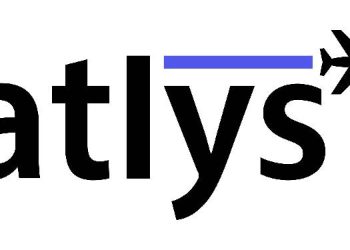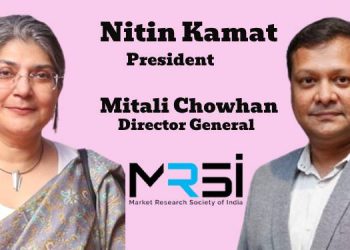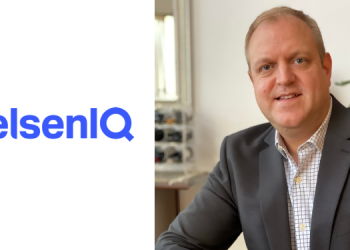Mobile marketing effectiveness is improving in Asia Pacific, with budgets set to follow, new research from Warc and the Mobile Marketing Association reveals today.
Almost 60% of marketers find mobile very effective as a marketing channel, and only 2% find it ineffective. This is leading to increased mobile budgets in the region; 92% believe their budgets will rise this year, with almost half (47%) expecting to see growth of more than a quarter.
Based on a survey of 324 marketing and advertising professionals from 17 markets across Asia Pacific, the State of the Industry: Mobile Marketing in APAC report found that 60% of the responding marketers are currently attributing less than 10% of their budget to mobile. However, the majority expect their budget to have increased by more than 50% by 2021.
The survey, designed to be a snapshot of the current state of mobile marketing, found that measurement of mobile remains a stumbling block for many; metrics (39%) has overtaken skills (33%) as the biggest barrier to the growth of mobile marketing and advertising in APAC.
Despite this barrier, just under three quarters of respondents see mobile marketing as very important for their business in 2016, and 87% have or are working on a formal strategy to support their mobile efforts. Marketers are using mobile display advertising (61%) and mobile video (49%) in their 2016 campaigns, with many expecting location-based targeting and augmented reality to gain in importance over the next five years.
Encouragingly, of the 42% that have a formal mobile marketing strategy in place, more than half said the strategy was closely connected with other marketing activities, and a further 40% responded that it was somewhat connected.
The ability for multi-screening is seen as the most significant consumer behaviour enabled by mobile, emphasising the need for the integrated marketing strategies.
Familiarity with programmatic is good in the APAC region: more than a third of marketers are very familiar with programmatic as a medium for ad buying, and only 18% have no knowledge of it at all. Further to this, 83% believe buying programmatically plays an important role in their marketing strategies.
Respondents indicated that mobile marketing innovation is greatest in the travel, transport and tourism, and drink and beverage industries, and Unilever is viewed as the most innovative brand.
“These findings reveal a market that is developing its mobile capabilities rapidly,” says Amy Rodgers, Research Editor at Warc. “Now having four years’ of data, we can clearly see trends in mobile marketing in the region, revealing progress in investment, integration and use of mobile technologies. Budgets are climbing, and over the next few years we expect to see that applied to mobile video and mobile payment systems.”

















